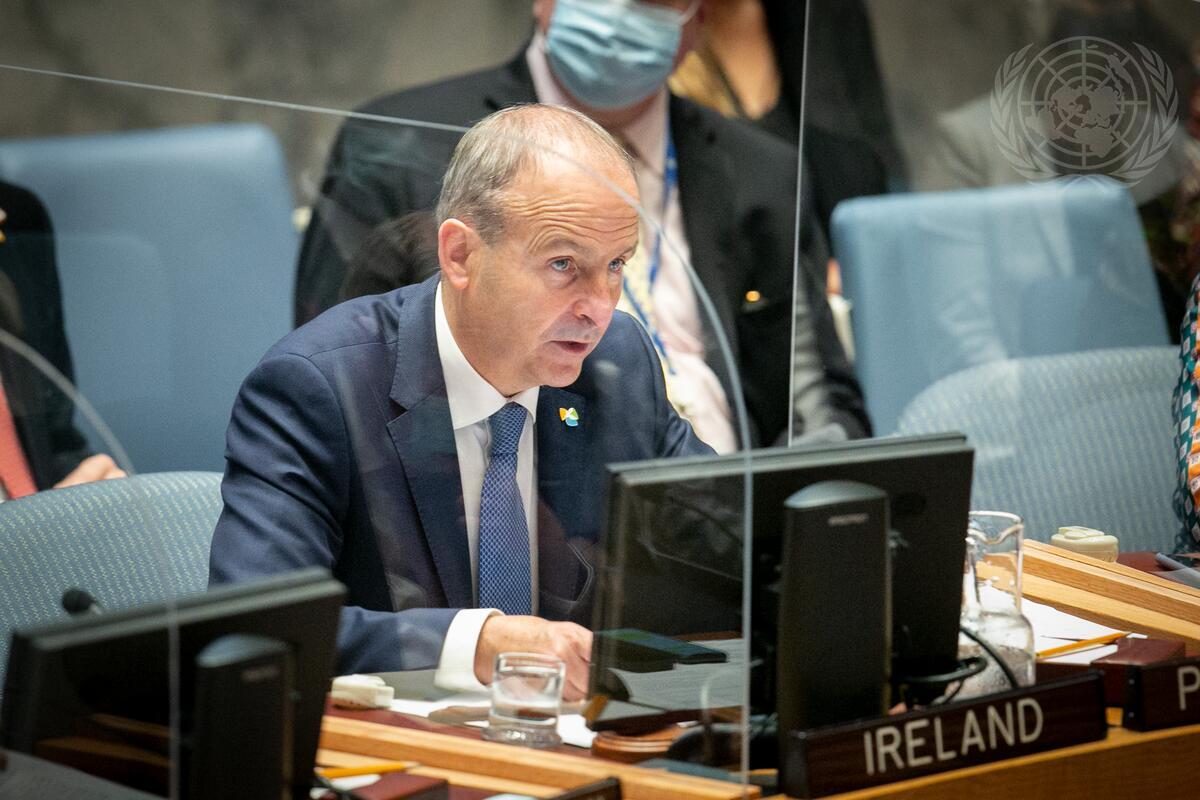Ireland: leading Europe in supporting peace
Ireland was the first European Union Member State to declare that a solution to the conflict in the Middle East had to be based on a fully sovereign Palestinian State, independent of and co-existing with Israel. This statement was made in a joint declaration by the Foreign Ministers of Ireland and Bahrain in 1980.
Since then, every Irish Government has given a high priority to the achievement of a two-state solution, which is now the accepted goal of all international efforts. The Middle East Peace Process remains a key foreign policy priority for the Government. Along with our EU partners, Ireland supports efforts to restart comprehensive negotiations for an overall peace agreement.
Human rights in the occupied Palestinian territory
Reaching a final agreement to resolve the conflict will pose very real difficulties for both Israelis and Palestinians. However, we are especially conscious that while talks remain frozen with no real progress evident, ongoing Israeli policies on the ground in the occupied Palestinian territory are making peace more and more difficult to achieve.
Therefore, Ireland has for many years focused in particular on the injustices and infringements of human rights suffered by Palestinians as a result of the Israeli occupation. These include the seizure of land for Israeli settlements, evictions of families, destruction of homes and farm buildings, of wells and water tanks, and of trees and crops, as well as movement restrictions and unequal treatment.
We believe that these critical issues cannot wait for an overall peace agreement, and action must be taken to ensure that the viability of a two-state solution is maintained.
Diplomatic efforts to find a peaceful solution
Ireland has consistently engaged with all relevant parties in the search for a peaceful solution to the conflict. Tánaiste and Minister for Foreign Affairs, Micheál Martin visited the region twice in 2023 including during a critical escalation of hostilities following the 7 October attacks by Hamas and other militant groups. The Tánaiste has also held numerous calls with a range of regional partners and urged against regional escalation. Ireland has been to the fore in consistently calling for an immediate cessation of hostilities and provision of humanitarian aid to civilians in need.
Intensive diplomatic efforts aimed at de-escalation must also prepare the ground for a long-term political perspective. Ireland is committed to fostering the resumption of purposeful negotiations aimed at the achievement of the two-State solution. This approach has been demonstrated by our positions at the United Nations Security Council during our two-year tenure on the Council from 2021-2022, as well as at the UN General Assembly and at the UN Human Rights Council.


